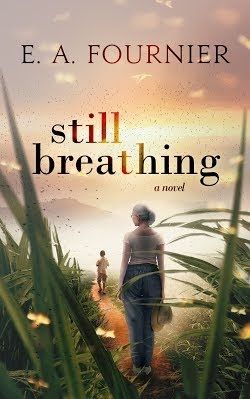
Saturday, January 12, 2019
Virtual Book Tour + #Giveaway: Still Breathing by E. A. Fournier @gammera @RABTBookTours

Women’s Fiction
Date Published: November 17, 2018
Designer: Damonza
Publisher: Acorn Publishing
Newly widowed and on the threshold of seventy, Lizzie Warton questions the value of her remaining years. Uncharacteristically, she decides for the first time in her life to do what she wants, instead of what everyone expects.
Against the wishes of family and friends, she sets out for Africa to work at a Ugandan middle school. When she lands at night in the Entebbe airport, her hosts are not there to meet her. Near panic, she hires a local taxi. The driver drugs her, steals everything, and dumps her limp body in a slum. Waking in the dark, she feels someone tugging off her shoes.
Without money, a passport, clothes, or medications, Lizzie is forced to start over and find a way to survive.
Soon she learns that nothing in Africa is as it appears. The grind of daily life in the third-world is beyond anything Lizzie imagined. Nevertheless, encouraged by budding friendships in surprising places, and against every sensible instinct she’s ever developed, Lizzie’s own personal search for meaning becomes the grand adventure of a lifetime.
Interview
with Author E. A. Fournier
How
many hours a day do you put into your writing?
Since I’m a fulltime writer, I have the luxury of
planning my day around my writing. I try to devote about 5 hours per day to working
on my latest manuscript. Some days that might mean researching rather than creating.
Still, I maintain a consistent schedule. The routine helps my mind to settle quickly
into writing mode. No one has enough time to wait on muses. I welcome muses, the
little fires that erupt infrequently and turn writing into a joyous conflagration
of imagery and thought, but I can’t depend on them. My book work is a five-days-a-week
job. I typically write from 10 to 1 and then take a lunch break. Hopefully, I’m
back at it by 2, and usually work until 4. I’m slow. It takes me two years to finish
a book. Steady progress is the key.
Do
you read your book reviews? If yes, do they affect what you write in the
future?
I can’t resist reading my reviews. Many writers advise
against it, but honestly, I can’t help myself. Unfortunately, I take it all
personally. I know we’re supposed to have thick skins, and I claim to be one of
those authors, but it’s not true. Readers who love my work enough to review it fill
me with joy and those who pan it plunge me into despair. It’s just the way I’m
built.
Do their comments affect what I write in the future? No.
I write what I write. I’m always working my craft, seeking ways to improve, so
I take constructive comments to heart but how I write is my particular gift to
readers. What story I choose to write next is totally up to me.
Do
you leave hidden messages in your books that only a few people will find?
Not intentionally. However, since we’re all products of
our upbringing and experiences, certain people and incidents, sayings and
references, do creep into my novels. Members of my family, my friends, even
coworkers often point to parts of my books with nods and knowing grins, as if
to say, “That’s me here, isn’t it?”
Sometimes they’re right; more often, they’re not. Few of us have
sufficient self-knowledge to see ourselves as others see us, so my denials
usually stick.
Can
you tell us a little bit about the characters in Still Breathing?
The variety of characters in STILL BREATHING was one of
the pleasures in writing the book. I had first world and third world characters
from radically different cultures to play against each other. I felt like the
boy who shakes red and black ants together in a Mason jar.
The central actions of the book follow the growing friendship
between Lizzie Warton, a sixty-nine-year-old American from the Midwest and
Nankunda Birungi, a forty-something Ugandan woman from Kampala. Lizzie has
seldom travelled far from home, and never alone. She’s stubborn, clever and
good-hearted but can be surprisingly naive. Mrs. Birungi is strong-willed,
humorous and persistent, which is all the more admirable when you discover her
tragic past. Both women are widows and are now thrown together to carry out the
nearly impossible task of freeing donated books from a corrupt customs system. Each
woman is forever changed by her relationship with the other.
Can
you tell us a little bit about your next books or what you have planned for the
future?
I have many story concepts waiting in the wings, but I’m
already well into the development of one called WHITE EYES. The genre is
general fiction and the setting is a struggling cattle ranch in South Dakota
during the 1950’s. The story focuses on an emotionally broken family and what
it will take to heal them. The father has been separated from his wife and son
for 12 years when he receives a letter informing him that his wife has
unexpectedly died in Chicago. With no other options, his city-raised 14-year-old
son is being sent to live with him. The father and son haven’t seen each other
in more than a decade and all the boy knows is that his dead Mom hated
everything about the ranch and the people who live there.
Do
you have a certain number of words or pages you write per day?
I don’t have a mandatory output but I have a sense of
what will satisfy me. You need to understand my process to appreciate what I’m
about to say. I write all my initial drafts in cursive using a pen and standard
tablet paper. I’ve found that my ideas flow best when they're linked through my
hand to a pen that's making actual marks on a page. No, I'm not kidding.
The ink spilled across the paper tracks a battle of ideas
fought across the page. I read it aloud (if I'm alone) or read in a muffled
whisper (if someone's near). I make scribbled changes, cross out words, draw
arrows, read it again, tasting the rhythm, and then go on. If the pages grow too
muddled, I rewrite them onto new sheets. I’m satisfied if I produce three clean
handwritten pages in a day. Some red-letter days have seen 6 or even 7 pages! Many
bleak days have returned only 1.
What
inspires you to write?
Simple questions often have complex answers. No writer
answers this question in the same way. For me, I have a compulsion to write. There
are never ending stories in my head that I feel must get out and be allowed to
breathe upon a page before I lose them. I believe I have a writing gift entrusted
to me. I must use it regularly in order to feel worthy. But it’s not the
writing only that feeds my soul; it’s the connection to readers that fills me
up. Years ago I got a comment from a reader of my first book who lived in the
UK. He thanked me for brightening his daily commute on the train. For two
weeks, he said, he looked forward to each trip because he had my book to read.
The simple image of that man lost in my story on his way to and from work has
kept me writing ever since.
Would
you rather read fiction or non-fiction?
Fiction is always my first choice. I read a lot of books
in a year and have learned to toss the ones that disappoint. I used to feel
obligated to finish books, but not anymore. I can roar through a book if I want
to, but if I like a story and enjoy the writing, I slow way down to make it
last.
...Read
series or stand-alone?
Stand-alone books are my first choice. I have a writer’s
bias that each book should have a beginning, a middle and an end. I feel
manipulated when an author concludes his book with the beginning of the next one
in the series. I have found few stories wide enough that actually require a
series to tell them. However, I have read a few that worked.
...Read
science fiction or horror?
Science fiction is always my go to genre. My first book, NOW
& AGAIN, is science fiction. I don’t write in the horror genre and I rarely
read anything from it.
...Read
Stephen King or Dean Koontz?
If those are my only choices, I’d pick Stephen King. If
I’m required to pick only one of his books to read, I would select ON WRITING.
...Read
the book or watch the movie?
I would always pick the book since it’s the original and
the more complete medium. In addition, books are not limited to less than two
hours runtime. As a former screenwriter, I am intimately familiar with the
brutal sacrifices asked of stories and characters in order to jam them into
less than two hours of screen time.
...Read
an eBook or a paperback?
I have far more eBooks than paperbacks these days. I like
the ability to carry thousands of books within a single device. With the Kindle
Paperwhite device I can read in sunlight or darkness and change the font size
when my eyes get tired—hard to beat that with a paperback. Still, I love the
feel of a physical book in my hands, especially if it’s my own book.
...Be
trapped alone for one month in a library with no computer or a room with a
computer and Wi-Fi only?
Give me the library.
...Do
a cross-country bookstore tour or a blog tour online?
I guess the main question is, who’s paying? If the costs
and tour organizing, the advance field work, the booking, travel and food are
all coming out of the publisher, then let’s hit the road! However, in the real
world of authors and books, even with a publisher, the most cost effective is a
blog tour online. Besides, you get to meet cool online people like the good folks
at The Avid Reader.
About the Author
Originally from South Minneapolis, Gene Fournier earned a BA in Philosophy & Literature from St. Louis University followed by a Masters in Film from USC. Gene is a member of the Writers Guild of America West (WGA) and worked as a screenwriter and editor in Hollywood, but sadly, he never got that big break.
Seeking a return to his roots after twelve years in California, he accepted a Director of Media position with a multinational company headquartered in the Midwest. For thirty years he wrote, directed, edited and distributed corporate video programs around the world, managed live presentations, and orchestrated the creative elements for national and international meetings.
Retired now, with his seven children grown, and a dozen grandchildren to distract him, Gene is finally able to write down the stories he’s been carrying in his head all these years.
Contact Links
Purchase Links
Subscribe to:
Post Comments (Atom)
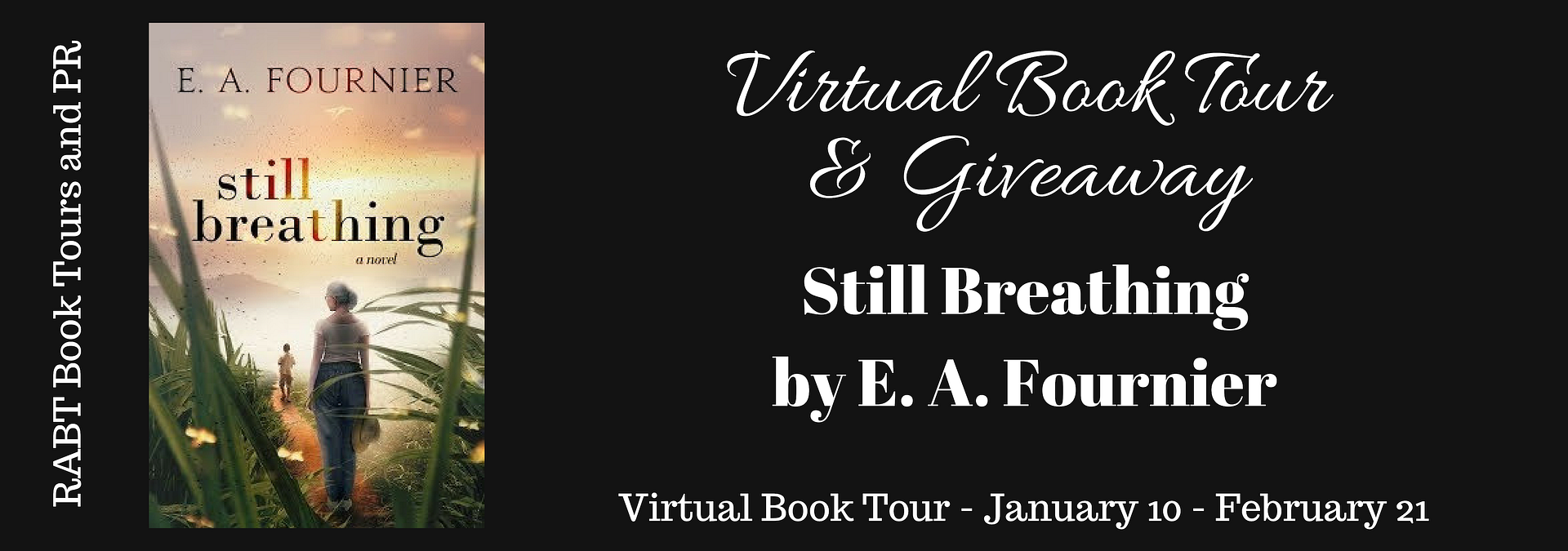








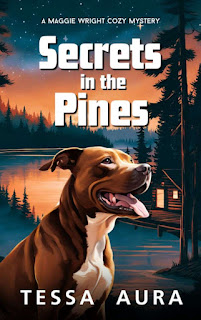




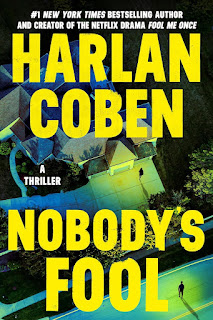





















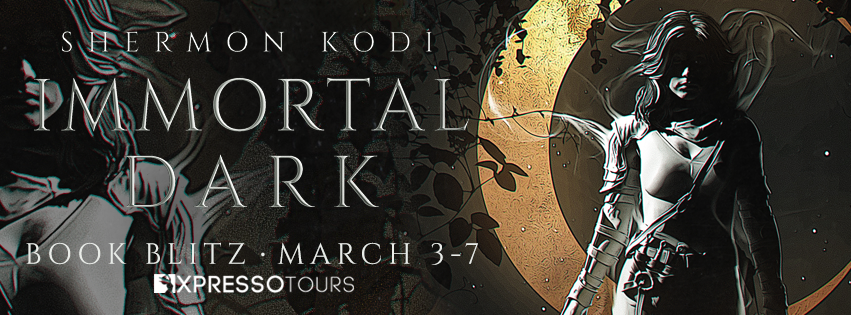

















.png)













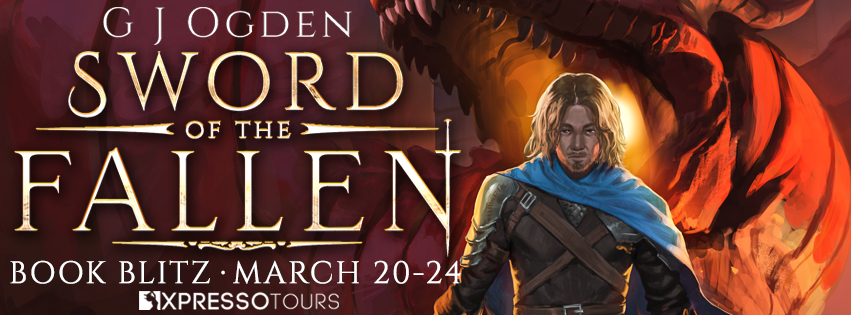








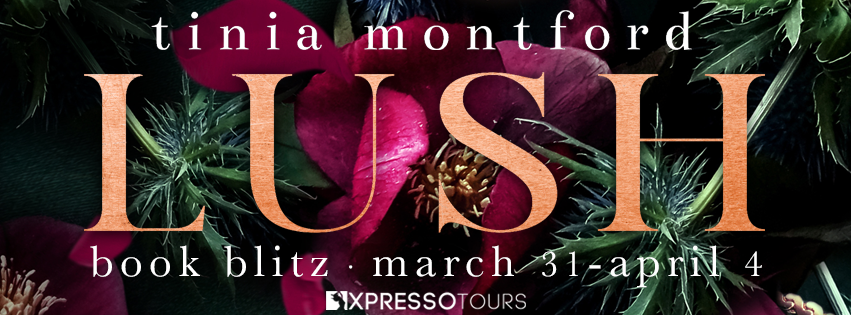
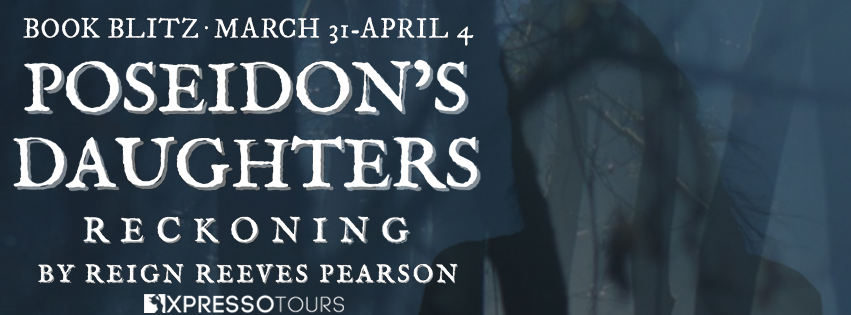



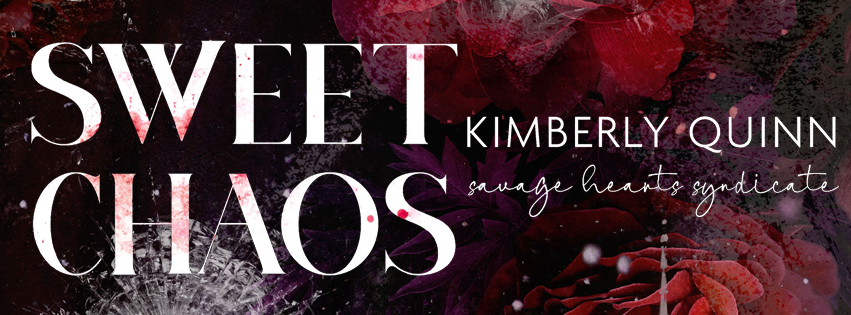



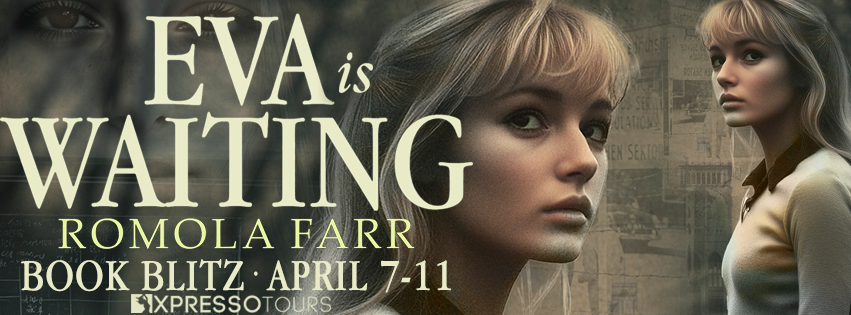













1 comments:
thanks for hosting
Post a Comment